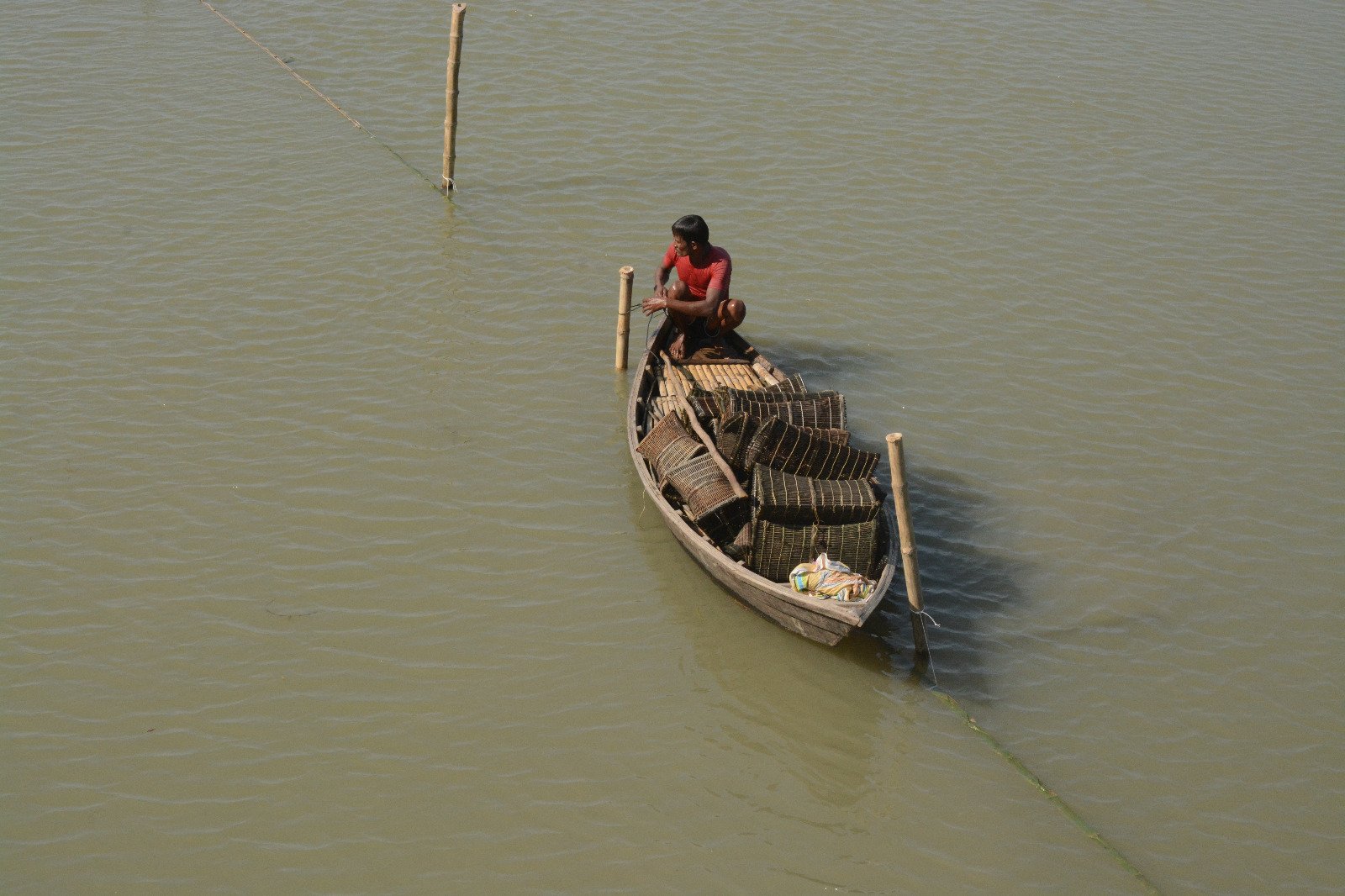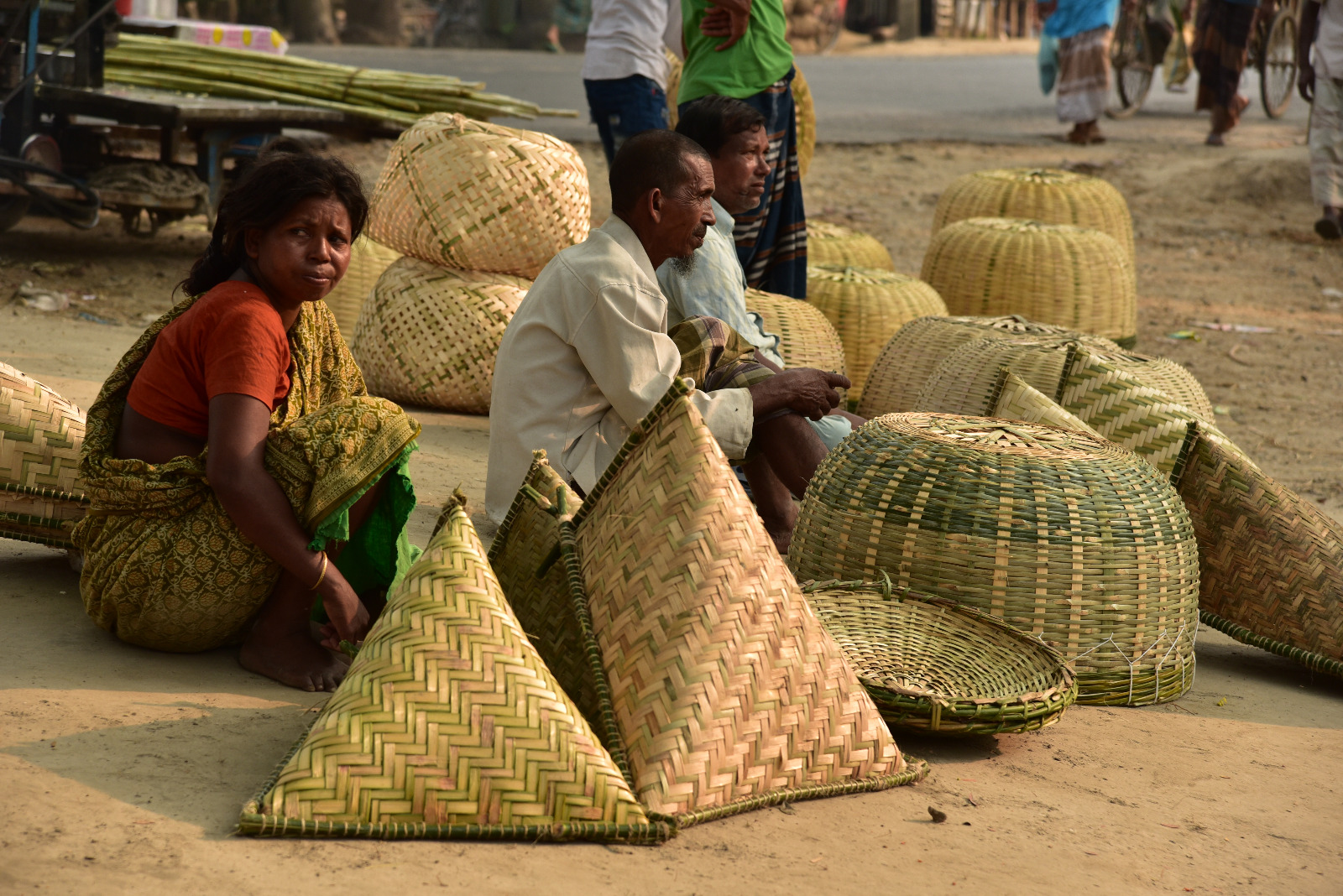Chakrapara Village
Grounded in Craft, Sharpened by Tradition
Rājshāhi, Bangladesh

Raw Stone Collection
Shil & Pata Carving
Fair-Side Sales
Manual Polishing
In Chakrapara village, the shilpata—a traditional stone grinder used in Bengali kitchens—has found a modern stronghold. Thanks to local pioneer Faruk Hossain, the industry was born in the late 1990s with stones imported from Agra, India.
Today, over 500 people work in shilpata production. The village produces about 5,000 pieces a day, sold widely in regional fairs and markets. The business also plays a social role—many young people once caught in drug abuse turned their lives around through this craft.
Challenges include high raw material costs due to third-party traders. Direct imports could improve margins and scale the business further.
Mass Production
5,000 shilpatas made daily
Social Impact
Industry rehabilitated local youth
Cultural Relevance
Essential in traditional Bengali cuisine
Supply Chain Gaps
Dependent on outside traders for materials
Village Life in Motion
Cultural
Heritage & Traditions
Grinding stones may seem simple, but in Chakrapara, they symbolize heritage, hard work, and transformation. The rhythmic chipping of stone here has become the sound of resilience—echoing through homes and fairs across Bangladesh.


Have A Question ? Start
Consultation Now
community. Join our mission to create environmental and economic change.
